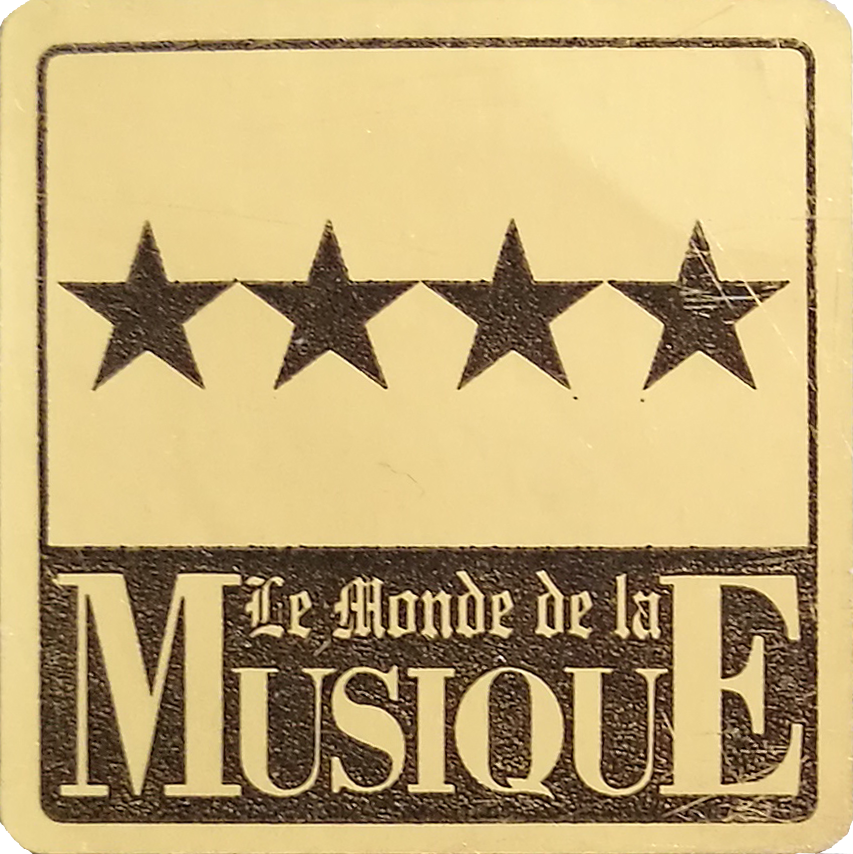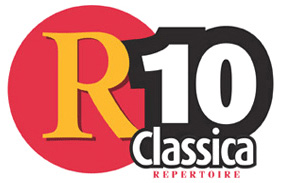Péter Eötvös, János Négyesy, Mesias Maiguashca, Csaba Klenyán, László Dés, András Dés Péter Eötvös: Electrochronicle
The recording of Now, Miss! was made in February 1973 on the basis of Beckett’s radioplay (Embers). In this composition – similarly to Beckett’s play – we hear the dialogue of two people sitting on a beach. János Négyesy plays the violin, I play on an organ transformed with a Synthi A. The original recording was remixed, supplemented with the sound of the sea, in 2002.
Péter Eötvös
Artists
Track 01:
Improvisation with Hungarian zither and hurdy-gurdy transformed by synthesizer
Original tape recorded by Péter Eötvös in 1971, Öldorf
Saxophone and percussion improvisation by László Dés (soprano sax) and András Dés (bodhrán) recorded in 2001, Budapest
Track 02:
Sound-play for violin, electric organ transformed by synthesizer and stereo tape (sea sounds)
Original tape recorded by WDR in 1973, Cologne
Péter Eötvös – electric organ
János Négyesy – violin
Track 03-10:
Stereo tape, live session recorded by WDR in 1974
Péter Eötvös and Mesias Maiguashca on electric organs with special sound transformation by Péter Eötvös
Track 11:
Csaba Klenyán – clarinet
About the album
Music publisher: Edition Ricordi München (2,11)
Recorded and mixed at the Tom-Tom Studió, Budapest
Recording producer: Péter Eötvös
Sound engineer: Péter Dorozsmai
Cover art by Meral Yasar, based on photo by Lenke Szilágyi
Portrait photo: István Huszti
Design: Meral Yasar
Architect: Bachman
Produced by László Gőz
Reviews
Richard Whitehouse - Gramophone (en)
Grant Chu Covell - La Folia (en)
Hervé Koenig - Anaclase.com (fr)
Dirk Wieschollek - Neue Zeitschrift für Musik (de)
Thade Buchborn - klassik.com (de)
Max Nyffeler - Neue Zürcher Zeitung (de)
L.S. - Diverdi (es)
Josep Pascual - CD Compact (es)
J.P. - Scherzo (es)
Fittler Katalin - Gramofon **** (hu)
Costin Cazaban - Café Momus (hu)
pl. - Magyar Narancs ***** (hu)
Komlós József JR - Alföldi Régió Magazin (hu)
Péter Eötvös:
Péter Eötvös:
Péter Eötvös: Electrochronicle (1972/74)
Péter Eötvös:
The album is available in digital form at our retail partners
Improvisation happens at a given moment and is an unrepeatable process, while the essence of composition is to consider and choose certain sounds through repeating them several times, then writing down these chosen sounds for the performers. But a good performer will relay the composition he has “practiced” as if he were improvising, as if the sounds were his own ideas.
In 1971 I went to live on a small farm in Öldorf near Cologne, and there experimented with the various methods of composition from exact construction (Now, Miss!) to free improvisation (Music for New York). At the time I wanted to reach back to the origins, the roots of sounds; to vibration in which rhythm and melody coincide.
The most unusual project was perhaps Electrochronicle which I worked on from 1972-1974. The floating, the vibration of a standing interval, played on an organ and relayed through several sound converting appliances joined together, created original, independent melodies and rhythms. These sounds can be compared to the ripples made by a pebble thrown into water, where one can admire the beauty of the ripples running to meet each other and the laws that produce them at the same time. Electrochronicle is not improvised nor composed music; its beauty lies in the richness of the microscopic musical movements.
Dervish dance is a late descendant of the way of thinking that produced Electrochronicle. In this piece written for clarinet in 1993, the harmony created by the three-fold playback is an accidental phenomenon.
The 1971 recording of Music for New York was an improvisation on Hungarian folk instruments (zither and hurdy-gurdy) transformed with an English EMS (Synthi A) synthesizer. Two excellent jazz musicians, László Dés and András Dés added further improvisations in 2001. What a wonderful thing it is to bridge a span of 30 years in this way!
The recording of Now, Miss! was made in February 1973 on the basis of Beckett’s radioplay (Embers). In this composition – similarly to Beckett’s play – we hear the dialogue of two people sitting on a beach. János Négyesy plays the violin, I play on an organ transformed with a Synthi A. The original recording was remixed, supplemented with the sound of the sea, in 2002.
Péter Eötvös
2002

